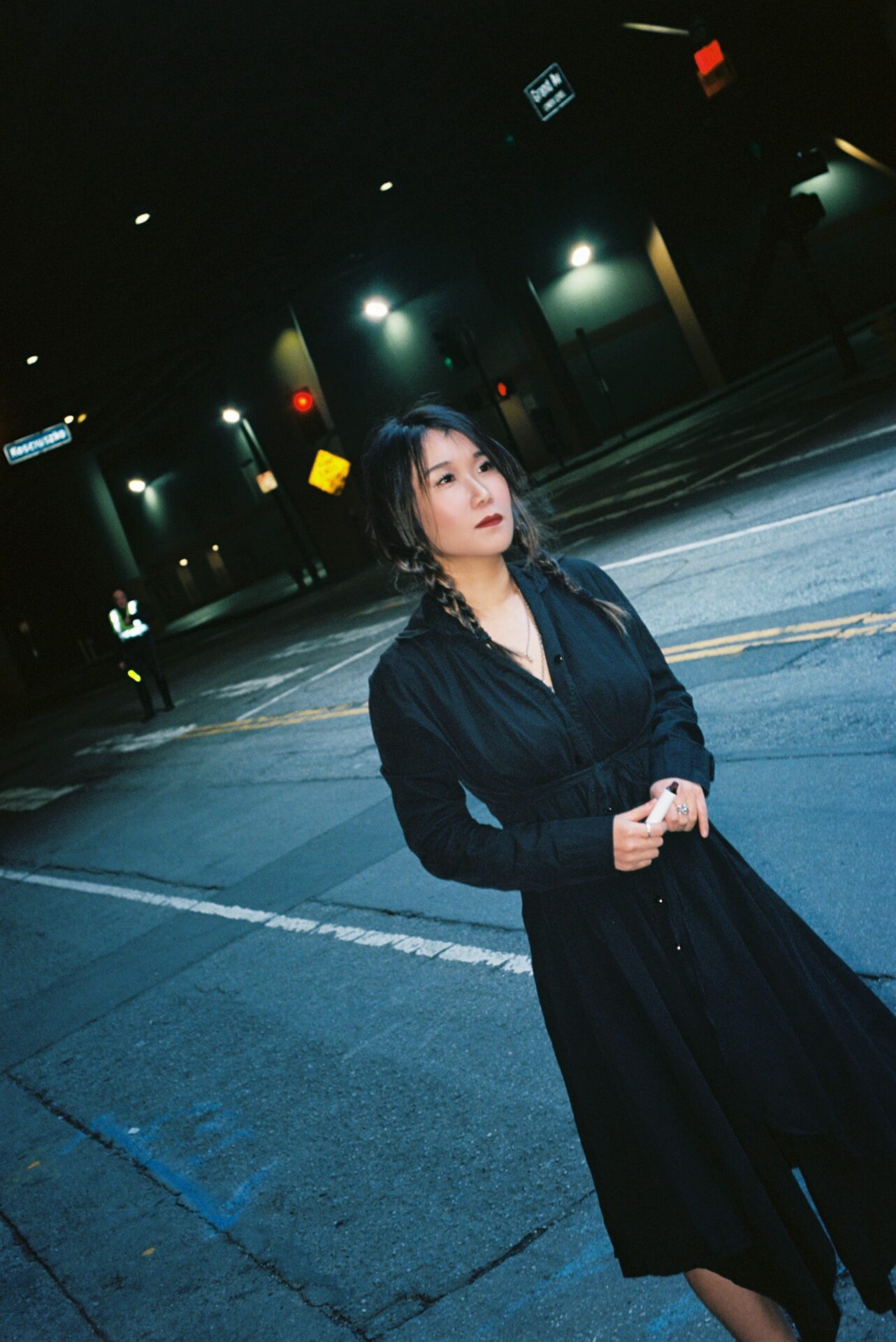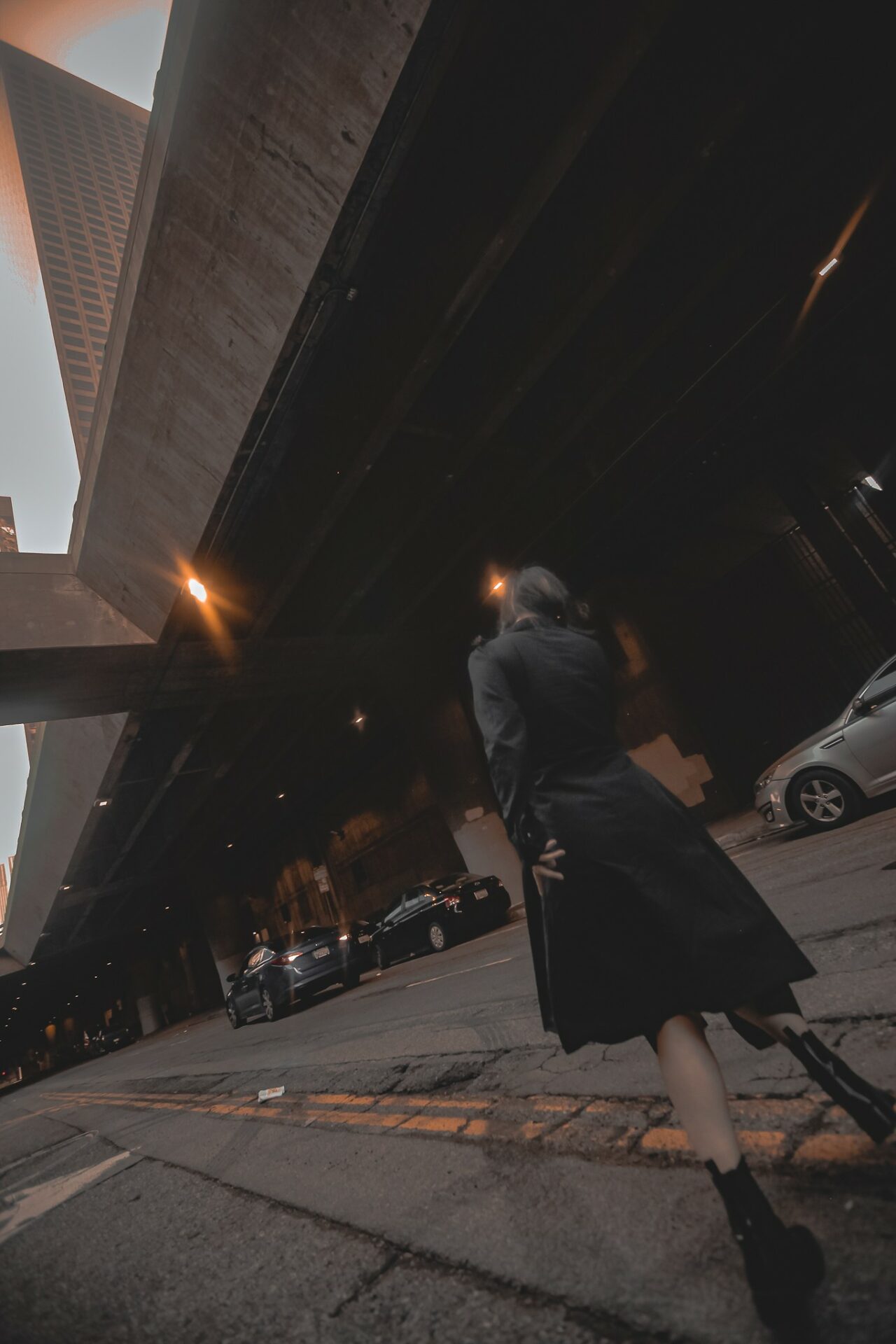We’re excited to introduce you to the always interesting and insightful Anqi Liu. We hope you’ll enjoy our conversation with Anqi below.
Anqi, so great to have you on the platform and excited to have you share your wisdom with our community today. Communication skills often play a powerful role in our ability to be effective and so we’d love to hear about how you developed your communication skills.
Effective communication is a skill that requires ongoing practice and refinement. As a lecturer teaching in the university and a teacher providing private piano and composition lessons, I have honed my ability to communicate effectively. In conveying ideas, concepts, and knowledge to my students, I find it crucial to be clear and concise in my communication, using simple language that is easy to understand. Organizing my approach and breaking down complex ideas into smaller, more manageable parts helps ensure comprehension by students.
Active listening is another vital aspect of effective communication. As a musician and composer, I have developed a keen ear for tone, pitch, melody, and sound. This skill translates into my ability to listen attentively to others, pick up on subtle nuances, and respond with empathy and understanding. As a teacher, it is essential to listen carefully to students, understand their needs, questions, and concerns, and respond appropriately to them. Building trust and fostering a positive learning environment depend on it.
In my experience teaching private piano and composition lessons, effective communication involves more than just conveying musical concepts and techniques. It requires inspiring and motivating students to reach their full potential. I enjoy working closely with individual children, helping them to achieve their goals, whether musical or beyond. Effective communication is critical in this process, as it enables me to connect with the children, understand their needs and desires, and guide them towards success.
Adapting my teaching approach to suit each child’s learning style is essential in tailoring my communication style to meet their needs. Children have different learning styles, and adjusting my approach accordingly is key to their success. Some children may respond better to a more playful or imaginative approach, while others may require a more structured and disciplined approach. Effective communication is crucial in building trust, understanding, and motivation.
As an artist and musician, I have a unique perspective on the creative process and the importance of self-expression. This perspective can be especially valuable when working with children, who may be struggling to find their own voice and identity. Encouraging children to explore their creativity and express themselves through music can help them build confidence, self-esteem, and a sense of purpose.
My experience as a teacher, musician, and artist has provided me with a solid foundation in effective communication. By combining my passion for teaching and creativity with a deep understanding of child development and communication strategies, I can connect with children on a profound level and help them achieve their full potential.
Thanks, so before we move on maybe you can share a bit more about yourself?
I am in the midst of a life-changing transition. For years, I have been a renowned composer and musician in the avant-garde music world. My work has been recognized internationally and I have had strong connections with academia. However, when the pandemic hit towards the end of my PhD journey, it allowed me to consider my future more broadly as a composer, thinker, scholar and as a human being.
Through this introspection, I realized that while artistic pursuits can be deeply personal and meaningful, the impact of avant-garde music can be limited in terms of reaching a wider audience. I began to question how I could use my skills and knowledge to contribute and support a larger group of people. This is when I realized that early musical education could be a potential path for me to explore. I believe that providing children with access to quality musical education can positively shape their lives and contribute to a better future for all.
Through my own experiences as a musician and artist, I have come to understand the profound impact that creative expression can have on a person’s development and well-being. By sharing this understanding with young students, I hope to inspire and empower them to explore their own creative potential and find their unique voice; to inspire and motivate the next generation of musicians and artists.
I am passionate about the potential of early musical education to shape a child’s cognitive, emotional, and social development. Studies have shown that early exposure to music can improve language and literacy skills, enhance cognitive development, and foster social-emotional learning. These benefits are especially crucial for children from underserved communities who may not have access to high-quality arts education.
My goal is to use my talents and experiences to create engaging and meaningful musical experiences for children of all backgrounds. By fostering a love for music and creative expression, I hope to empower the next generation to pursue their passions and reach their full potential. I am excited about the possibilities that lie ahead and am committed to making a positive impact through music education.
There is so much advice out there about all the different skills and qualities folks need to develop in order to succeed in today’s highly competitive environment and often it can feel overwhelming. So, if we had to break it down to just the three that matter most, which three skills or qualities would you focus on?
Creativity, Independence, Caring and Responsibility
Thanks so much for sharing all these insights with us today. Before we go, is there a book that’s played in important role in your development?
My mentor, Amy Cimini’s book “Wild Sound: Maryanne Amacher and the Tenses of Audible Life”. I read this book in the transitional phase of re-recognizing my role as a composer and artist. While addressing the unique position as a composer and sound artist of Maryanne Amacher, Amy mentioned “The subjunctive refuses to couple ‘Amacher’ with ‘composer’ in order to bid for inclusion in an already-existing category. Rather, the subjunctive refers this coupling to the actions of sound and listening in the world, to actions that may not have happened yet or may not happen at all. In the subjunctive, one cannot know for sure”. The role of a composer and artist is not just about fitting into existing categories, but rather about the possibilities of sound and listening in the world. It is about exploring the unknown, the uncharted territories of the imagination, and the possibilities of what could be. This idea resonated with me, particularly in my own transitional phase, as I am seeking new paths to explore my own creativity and to contribute to the world in a meaningful way. In a way, Amy’s book has encouraged me to take a step back from the conventional paths of the avant-garde music world and to look at the bigger picture. It has inspired me to think beyond the limited impact of the avant-garde and to explore new possibilities of sound and listening in the world. It has given me the courage to take risks, to embrace the unknown, and to use my talents to make a positive impact on the world.
Contact Info:
- Website: https://www.anqiliu.com/
- Instagram: https://www.instagram.com/anqiliuart/
- Facebook: https://www.facebook.com/anqiliu.x
- Linkedin: https://www.linkedin.com/in/anqi-liu-b77979ab/
- Youtube: https://www.youtube.com/channel/UCn4UGmfMmKe07oRptsSkC4g
- Yelp: https://www.yelp.com/biz/anqi-music-los-angeles?osq=anqi+music
- SoundCloud: https://soundcloud.com/anqiliu






Image Credits
Edream Wang




